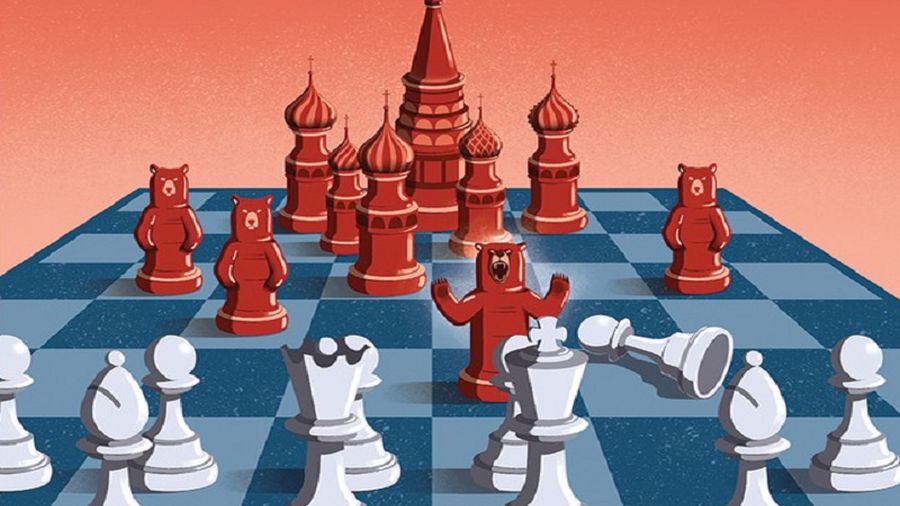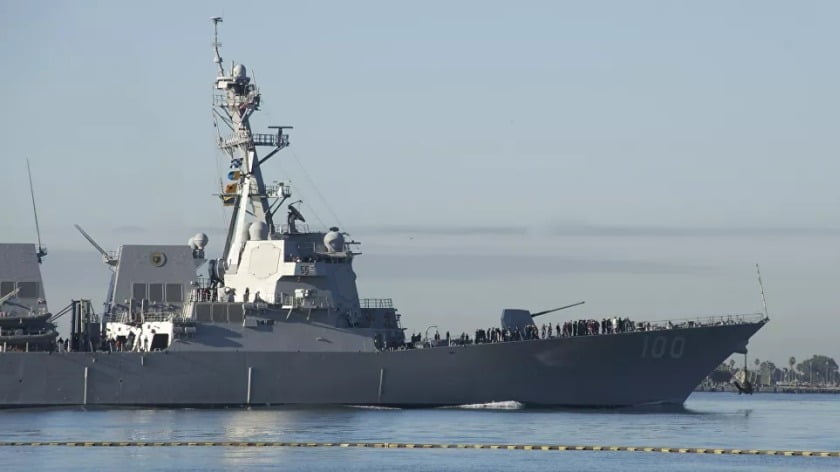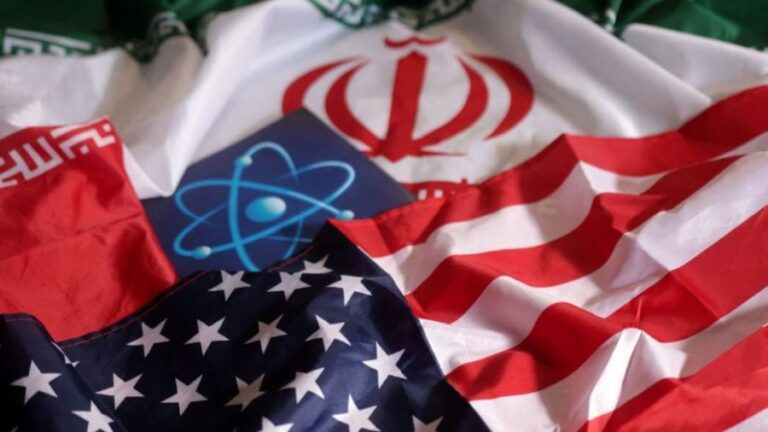What’s Russia’s Self-Described Chess Game in Afghanistan?
Russia’s “chess” game in Afghanistan entails the promotion of a political solution as soon as possible, relying on the Taliban to protect the country’s regional anti-terrorist interests, and accommodating legitimate US and Indian interests (especially those of an economic and financial nature) in order for those two extra-regional players to transition to becoming responsible stakeholders in post-withdrawal Afghanistan.
Russian “Chess”
Russian Special Presidential Envoy to Afghanistan Zamir Kabulov described his country’s approach to Afghanistan as “chess” while speaking at an online conference hosted by the prestigious Valdai Club. In the event titled “Afghanistan After The US Withdrawal: A Security Vacuum Forever?”, which can be watched in full here or read in part here, the diplomat who also doubles as Director of the Second Asia Department of the Russian Foreign Ministry had quite a lot to say. The think tank’s hyperlinked article from the preceding sentence reported the following points:
The Valdai Club’s Points
* Russia talks to both sides of the conflict without imposing itself on either of them
* The US and its allies still have economic and financial obligations to Afghanistan
* Older Taliban members are tired of war while younger ones are more radicalized to continue fighting
* The Taliban has no interest in threatening the Central Asian Republics (CARs)
* Small- and medium-sized terrorist groups might unite under the ISIS banner
* But the Taliban is their sworn enemy, will likely fight them, and thus be a positive factor for Russian security
TASS’ Reporting
Publicly financed TASS reported on a few additional points that weren’t included in the Valdai Club’s summary:
* The Taliban might take over Afghanistan if there’s no real progress in intra-Afghan talks
* That scenario could trigger Afghanistan’s collapse along ethnic and political lines, giving rise to more terrorism
* Russia’s in possession of evidence proving that the US coordinates with ISIS terrorists inside Afghanistan
* India can join the Extended Troika, but only if it first establishes ties with the Taliban
First Impressions
Putting all these points together, Russia’s “chess” game in Afghanistan becomes a lot clearer. It’s dealing with both warring parties on an equal footing for pragmatic political reasons in the name of peace. Russia doesn’t feel threatened by the Taliban but actually might see them as a guarantor of its anti-terrorist interests in Afghanistan. A political solution must be reached as soon as possible, and Moscow believes that New Delhi can play a role in this respect (perhaps by gently nudging Kabul in that direction), but it must first establish ties with the Taliban. Finally, after the war ends, the world must economically and financially support Afghanistan.
PAKAFUZ
The final point wasn’t elaborated upon by Mr. Kabulov apart from his remark about how the US and its allies have such obligations to the country that they’re responsible for destroying. Nevertheless, recent events can shed some light on the unspoken dimensions of Russia’s “chess” game. Foreign Minister Sergey Lavrov’s enthusiastic endorsement of Central Asia-South Asia connectivity during a topical conference in Tashkent last week very strongly implies support for the trilateral Pakistan, Afghanistan, Uzbekistan (PAKAFUZ) rail corridor that’ll de facto serve as the flagship project for bringing this about.
The “New Quad”
This will in turn serve as the primary means for extending Russia’s Greater Eurasian Partnership (GEP) into Pakistan and thenceforth the rest of South Asia from where it can finally reach the Indian Ocean Region (IOR) like it’s longed to do for centuries. From the reverse direction, the newly established quadrilateral framework between the US, Pakistan, Afghanistan, and Uzbekistan will enable America to exploit PAKAFUZ for the purpose of expanding its own economic influence into the war-torn country that it militarily withdrew from as well as the CARs. In a sense, this could help fulfill its economic and financial responsibilities to Afghanistan.
Indian Irascibility
With respect to India, it’s the only actor of relevance apart from some troublesome factions within the US’ permanent military, intelligence, and diplomatic bureaucracies (“deep state”) capable of spoiling the situation in Afghanistan. Although its chances of success are small, that doesn’t mean that it still can’t try if it becomes desperate enough. In order to avert that scenario, Russia would ideally like to incorporate India into the Extended Troika so that it more confidently defend its economic interests in Afghanistan without potentially reverting to destabilizing clandestine operations aimed at fanning the flames of proxy war against the Taliban.
Moscow’s Mediation
That’s likely why Mr. Kabulov brought up such a proposal during the Valdai Club’s latest virtual conference. Russia wants India to talk to the Taliban as soon as possible and would likely facilitate this interaction if requested by New Delhi to do so since it’s recently cultivated excellent political ties with the group despite still officially designating them as terrorists. The purpose in doing so is to prevent India from becoming desperate enough to safeguard its economic interests that it seriously considers continuing its anti-Taliban proxy war. That worst-case scenario could unexpectedly throw a spanner in Russia’s grand strategic plans for Afghanistan.
Joint Russian-US Anti-Terrorist Intel Bases
The elephant in the room that Mr. Kabulov didn’t touch upon was last weekend’s report from the reputable Russian business newspaper Kommersant alleging that President Putin offered his American counterpart the joint use of his country’s Central Asian bases in order to obtain drone-derived anti-terrorist intelligence on Afghanistan. Presidential spokesman Dmitry Peskov curiously declined to confirm or deny this report when earlier asked about it which strongly implies some element of credibility to it since the Kremlin almost always denies fake news in the strongest terms possible immediately after it’s propagated.
Accommodating America’s Shared Interests
Presuming that it’s probably true based on Mr. Peskov’s public reaction, then this means that Russia is willing to pragmatically accommodate America’s shared interests in the region. Although the reported joint base deal involves drone-derived anti-terrorist intelligence about Afghanistan, this spirit of cooperation also presumably extends to their economic and financial interests related to rebuilding post-war Afghanistan via PAKAFUZ’s connectivity potential. Since Pakistan and Uzbekistan are the anchors of this project, these observations suggest that those new strategic partners are of equal importance to Russian and the US interests nowadays.
Incorporating India Into The Peace Process
India’s probably realized this too by now, which likely contributes to its newfound fears that it’s becoming increasingly irrelevant in shaping events in the Afghan pivot state that strategically sits in the middle of the Central Asian-South Asian space. With its back against the wall, New Delhi can either go it alone in doubling down on its anti-Taliban proxy war despite there being very little odds that it’ll succeed and a much greater chance that it’ll counterproductively provoke its American and Russian partners’ ire, or it can finally reach out to the Taliban like Mr. Kabulov suggested (and perhaps with Moscow’s mediation) to restore its relevance.
Concluding Thoughts
Connecting these explicit and unstated policy goals, it can be concluded that Russia wants a political solution to the Afghan Civil War as soon as possible. It unofficially regards the Taliban as an anti-terrorist ally but might be worried that any potential perpetuation of India’s proxy war against the group could further destabilize the country and inadvertently embolden ISIS-K and other terrorist groups. By simultaneously accommodating the US’ and India’s shared economic, financial, and anti-terrorist interests in Afghanistan, Russia hopes to preempt the worst-case scenario and thus facilitate a future where PAKAFUZ rebuilds the country and benefits everyone.







